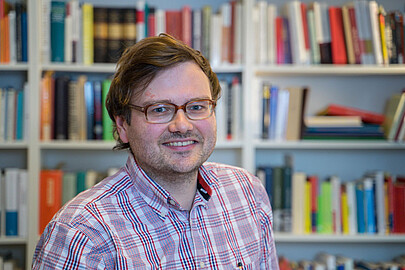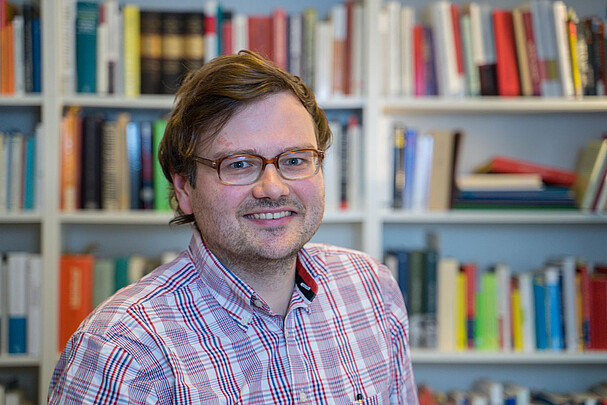The subject area German and European Contemporary History concerns itself with the “long 20th century” and the still young 21st century. The focus of research and teaching is mainly placed on German History from a political, economic, social and cultural point of few, as well as on the history of relationships between German societies and those of neighbouring countries. Therefore, European Contemporary History encompasses two world wars and several changes of political systems, each entailing radical changes for the political geography of Europe as well as for the economy, living conditions and culture in the affected countries.
In their research and their seminars the lecturers of German and European Contemporary History endeavour to address complex historical transformation processes by considering specific examples and issues. Not least the change of scientific interpretation approaches of the science of history is part of the aforesaid transformation processes. As the science of history itself went through meaningful theoretical and conceptual changes in the here discussed time period.
Since the 1990s national views of history lost persuasive power and gave way to a more and more globalised interpretation and to a pluralisation of the field marked by a diversity of methods. Within the course offer regarding the theory and history of the science of history these shifts in historical culture in a European context are being examined.
Nearly all modules listed in the module catalogue of the history department can be taken for German and European Contemporary History – unless explicitly dedicated to the introduction to the different eras.
Members of the Subject Area German and European Contemporary History
Management of the Subject Area
Staff

 © Marie-Luise Kolb / LUH
© Marie-Luise Kolb / LUH
30167 Hannover

 © Marie-Luise Kolb / LUH
© Marie-Luise Kolb / LUH
Even more than other eras, Contemporary History is characterised by the increasing interactions between economy, society, politics and culture as well as by transnational interdependencies. To subsume this period - also known as the century of images - under the concept of contemporary history seems necessary insofar as it clearly stands out in the historical memory of our present from the continuum of previous centuries because it is present in the media.
